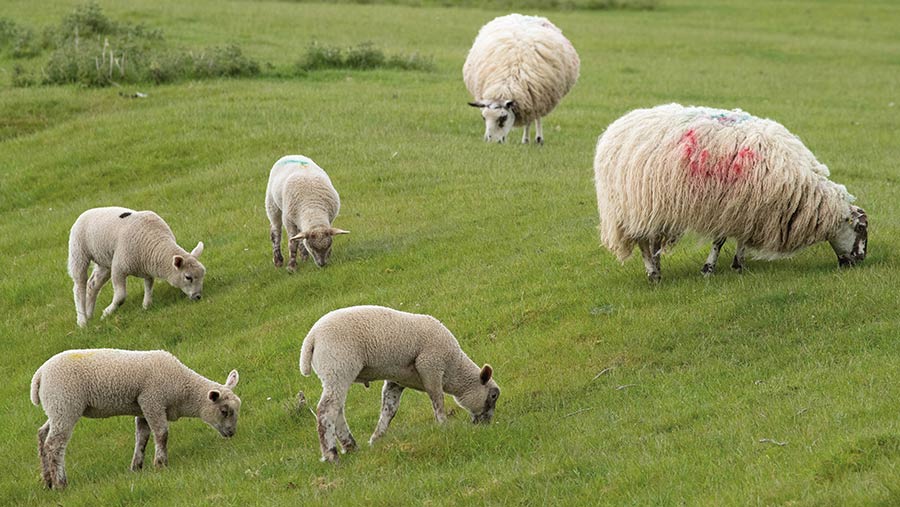FW Opinion: Will new green scheme be recipe for disaster?
 © Tim Scrivener
© Tim Scrivener There is a moment when making many dishes where you can see the parts combine to become something greater than the individual ingredients – like a white sauce.
Suddenly, you realise the ingredients have combined and thickened from a gloopy mess into a velvety concoction.
See also: FW Opinion: Farming’s time in spotlight should be cherished
When making dinner we stand on the shoulders of the experimental chefs who, throughout history, gazed into pots, prodded ingredients and repeatedly burned things to a cinder until they had perfected a taste sensation.
It’s curious that as a nation we now buy more cookbooks than ever while spending less time in the kitchen, notwithstanding the recent coronavirus-linked resurgence in home cooking, which may fade as more freedoms return.
When the government fashions a new recipe for managing its citizens (a policy) it goes through a similar process of experimenting with new methods.
Sometimes, it feels as if farmers are the helpless ingredients, simply being prodded with a sharp object by Whitehall, the Senedd, Holyrood or Stormont.
About the author
 Andrew Meredith
Andrew Meredith
Editor, Farmers Weekly
Contact:
E: andrew.meredith@markallengroup.com
T: @Merry_Meredith
Read more articles by Andrew Meredith
The Welsh government’s handling of the nationwide nitrate vulnerable zone rollout springs to mind here, as does bovine TB policy throughout England, Wales and Northern Ireland.
Sometimes farmers are invited into the kitchen, handed an apron and told to help create the dish – although never promoted far above pot washer.
Farmers in England who are taking part in the Sustainable Farming Incentive pilot learned this week that they’ll be paid to take part in feedback sessions to help Defra figure out if its gloopy aspirations can be baked into visible results that benefit the environment.
This England-wide trial follows smaller regional trials last year, such as the one done by the Exmoor Hill Farming Network, the full findings of which can be found in the Business section.
Of particular note is their warning that payment rates that are built on income foregone must take into account enterprise fixed costs and therefore be higher than those given in existing schemes.
The failure to increase this could see farm businesses avoid taking part in agri-environmental schemes and actually reduce the amount of habitat under enhanced protection, the group says.
England kicks off policy development
It is likely to be a source of great comfort to the devolved administrations that England is pressing ahead with the first attempt at developing these schemes and policymakers elsewhere can learn from their mistakes.
Defra is boxed in. On the one side it has to deliver something that farmers will consider deliverable and financially worth doing. On the other side is the Treasury, hand firmly on the purse strings, demanding to see that the proposals will actually deliver against their stated objectives and are value for money.
Recently, the government’s education recovery commissioner, Sir Kevan Collins, resigned after the Treasury blocked his proposals to help children recover from all the classroom time they had missed.
The £15bn plans apparently did not demonstrate adequate proof that the way in which the money was spent would deliver on the aims stated.
So, to put it bluntly, departments are under scrutiny and Defra isn’t going to be able to throw money at this issue until it works, butt it also can’t be as stingy as Treasury mandarins probably want it to be.
Simply finding the middle ground in a marketplace that doesn’t even exist yet will be a challenge in itself.
Farmers are just one voice around a crowded pot here, and we know what can happen when cooking by committee – the broth gets spoiled.
Good luck to all the pilot participants – we look forward to hearing what you learn and hope your voices are heard.
Failed recipes get forgotten, but failed policies are remembered for decades.
